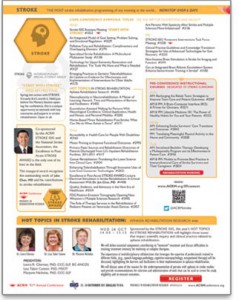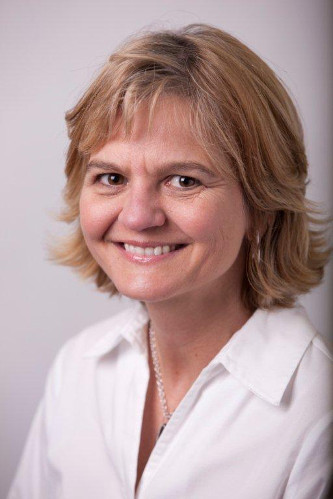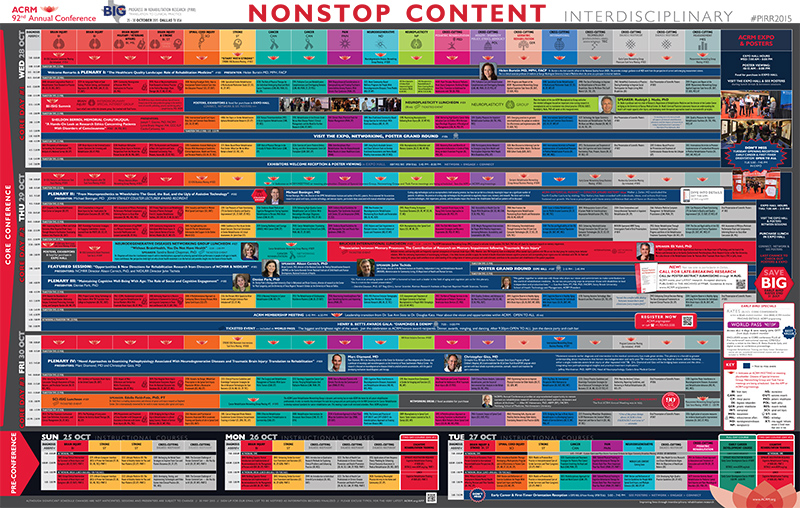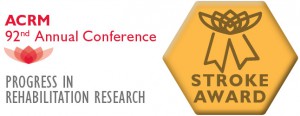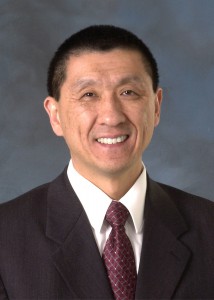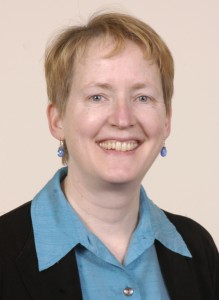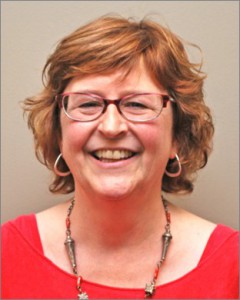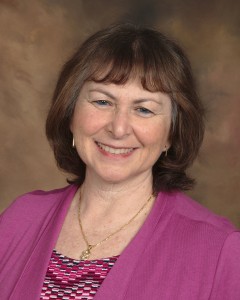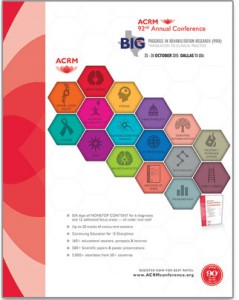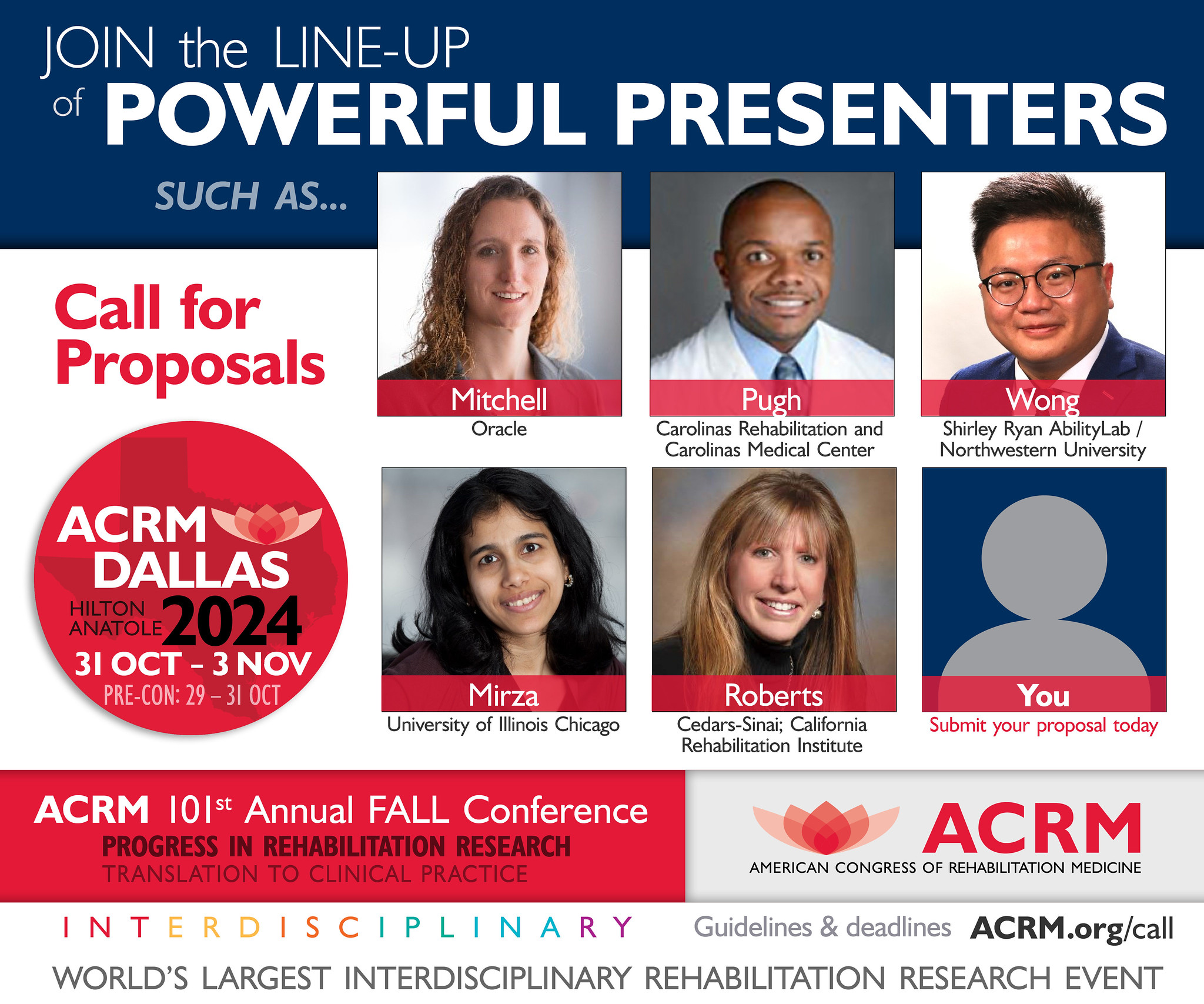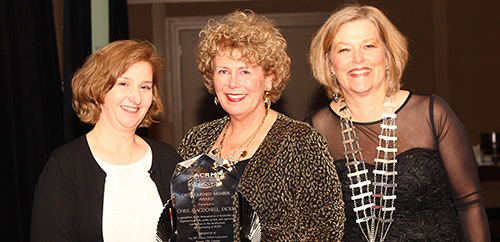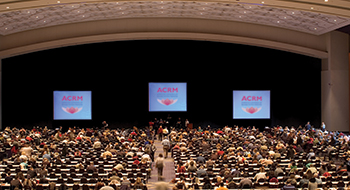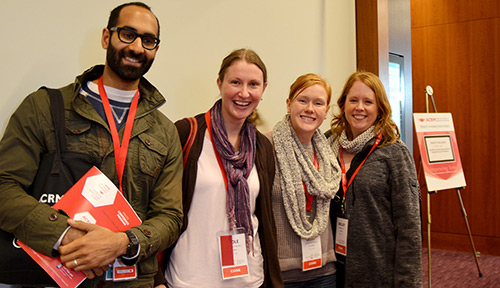The Most Stroke Rehabilitative Content of Any Conference … Again at ACRM
NONSTOP STROKE Content
The ACRM STROKE ISIG again leads the way with NONSTOP stroke rehabilitative content EVERY day of the ACRM 92nd Annual Conference, Progress in Rehabilitation Research (PIRR), including a pre-conference track dedicated to stroke clinicians and nurses.
Other conferences feature some neurorehabilitation content (which ACRM also features in a variety of focus areas), PIRR is the ONLY event to feature 6 days of NONSTOP content dedicated to stroke rehabilitation.
Intensive Pre-Conference Courses
It all begins Sunday, 25 October with 3 days of in-depth instructional courses led by some of the most well known names in nursing. Or choose the 2-day Cognitive Rehabilitation Training. Separate registration required.
INSTRUCTIONAL COURSES
All instructional courses are included in the WORLD PASS ![]()
- SUN, 25 OCT (full-day course // neuroscience & technology focus)
A Brain-Computer Interface (BCI): A Primer for Clinicians #3271
- SUN, 25 OCT (full-day course // clinical practice focus)
Lifestyle Medicine 101: The Power of Healthy Habits for You and Your Patients #3212
- MON, 26 OCT (full-day course // clinical practice & geriatric rehabilitation focus)
Enhancing Stroke Survivors’ Care, Transitions and Outcomes #2842
- MON, 26 OCT (half-day course // clinical practice focus)
Translating Meaningful Physical Activity to the Home and Community #2828
- TUE, 27 OCT (full-day course // clinical practice focus)
Models to Promote Best Practice in Interprofessional Care of Stroke Survivors and Their Caregivers #2834
COGNITIVE REHABILITATION TRAINING
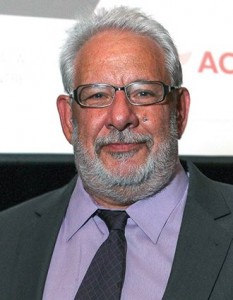 Keith Cicerone, PhD, ABPP-Cn, FACRM JFK Johnson Rehabilitation Institute Edison, NJ |
 Deirdre Dawson, PhD Rotman Research Institute, Baycrest Health Sciences Toronto, ON |
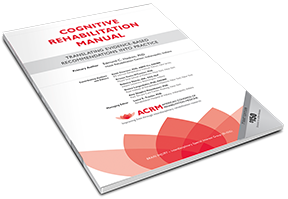
Based on the ACRM Cognitive Rehabilitation Manual: Translating Evidence-Based Recommendations into Practice, this introductory course teaches step-by-step procedures for all evidence-based interventions for cognitive impairments. Manual included ($150 value).
READ MORE >>>
3-Day CORE Conference 28 – 30 OCT
NONSTOP content for stroke rehabilitation continues throughout the 3-day CORE conference with a wide selection of topics, including:
- Non-invasive brain stimulation
- Measurement
- Strategies for neurogenic speech disorders
- Upper and lower extremity intervention strategies
- and much, much MORE!
Also join us for the field’s only Excellence in Post Acute Stroke Award with a special symposium delivered by the awardee.
- 73+ hours-worth of STROKE CONTENT (46.25 educational credit hours possible)
- NEW COMBO track — Brain Injury & Stroke
- PLUS NONSTOP content for 12 focus areas and dozens of cross-cutting topics spanning multiple diagnoses
- 500+ scientific paper & poster presentations
- CME/CEU credit in your choice of 15 disciplines—more than any other rehabilitation conference
- Access to DOZENS of ACRM Meetings: special interest groups, networking groups & task forces
- RECEPTIONS II and III:
- Exhibitors Welcome Reception OPEN to ALL (Wed PM)
- Henry B. Betts Awards Gala: *Diamonds & Denim* (Thu PM) Ticketed Event. *Included in the WORLD PASS*
STROKE PROGRAMMING Highlights
For specific STROKE programming and gobs of details (including faculty names, session descriptions and schedules) see the ACRM APP.
Excellence in Post Acute Stroke Award Lecture #4408
THU, 29 OCT
ACRM/NSA Excellence in Post-Acute Stroke Award Winner Announced
In conjunction with the National Stroke Association, ACRM has instituted the world’s only award to honor outstanding care and science for the 7.5 million stroke survivors in the United States, and millions more worldwide. The inaugural winner is John Chae, MD, Professor and Chair of Physical Medicine and Rehabilitation at Case Western Reserve University.
The inaugural award recognizes the outstanding work of John Chae, MD and his contributions to stroke rehabilitation. He will present the award lecture, Peripheral Nerve Stimulation for Hemiplegic Shoulder Pain #4408 on Thursday, 29 October during the ACRM 92nd Annual Conference. He will also present a brief vision for stroke rehabilitation at the ACRM Stroke ISIG business and networking meeting on Wednesday morning, 28 Oct.
“START WITH STROKE” 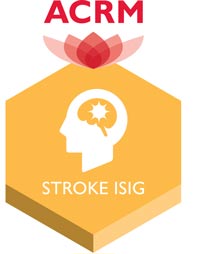
STROKE ISIG BUSINESS MEETING #1022
WED, 28 OCT // 7:00 AM
Spring into action with STROKE. It’s early & it’s worth it. Held just before the opening Plenary Session, this is a unique opportunity to network with key visionaries and experts in stroke rehabilitation. Open to all.
The ACRM Stroke Interdisciplinary Special Interest Group (ISIG) promotes evidence-based rehabilitation for people with stroke and serves as a vehicle for rehabilitation professionals of all disciplines to network and collaborate for the expressed mission of advancing the field of stroke rehabilitation. See the schedule of all ACRM ISIG, networking group and task force meetings.
Hot Topics in Stroke Rehabilitation: Aphasia Rehabilitation Research #4406
WED, 28 OCT
Presenters: Leora R. Cherney, PhD, CCC-SLP, BC-ANCDS; Lisa Tabor Connor, PhD, MSOT; Marjorie Nicholas, PhD, CCC-SLP
Sponsored by the STROKE ISIG, this year’s Hot Topics in Stroke Rehabilitation will highlight three issues that impact scientific inquiry and clinical practice related to aphasia rehabilitation.
- We will define essential components contributing to “intensive” treatment and discuss difficulties in tracking treatment intensity for multistep or complex therapies.
- The importance of multidisciplinary collaboration that leverages the expertise of professionals trained in different fields, (e.g., speech-language pathology, cognitive neuropsychology, occupational therapy) will be discussed, highlighting the barriers and facilitators to their implementation in aphasia rehabilitation.
- We will discuss some of the reasons for the underrepresentation of persons with aphasia in stroke studies and provide recommendations for selection and administration of tools that can be used to screen for study eligibility and to measure outcomes.
FEATURED STROKE SYMPOSIA
These symposia received the highest ratings of all stroke submissions reviewed by the 2015 Program Committee…
Non-Invasive Brain Stimulation in Stroke for Imaging and Function #3191
PRESENTERS: Stephen Page, OTR/L, PhD, MS, FAHA, FACRM; Marcie Bockbrader, MD, PhD; Lise Worthen-Chaudhari, MFA, MS, CCRC
Stroke remains a leading cause of disability and its incidence is expected to rise, yielding an increased prevalence of stroke survivors with life altering deficits. Unlike behavioral, subjective approaches that are traditionally used to evaluate stroke survivors, non-invasive brain stimulation offers the possibility of directly targeting brain structures to measure neuronal output and interactions, and understand role of networks and their chronometry in behavior. Moreover, these same techniques can be used to facilitate or inhibit their activity therapeutically so as to steer neural plasticity and functional remapping towards recovery. Recent advances in stereotactic navigation and electric field modeling are also enabling more precise targeting of patients residual structures in diagnosis and therapy. The overall goal of this seminar is to introduce clinicians to noninvasive brain stimulation (NBS) theory, evidence and application to the hemiparetic upper and lower extremities. Given its promise and increasing use, this presentation first introduces the use and wide-ranging significance of NBS and specifically transcranial magnetic stimulation (TMS) and transcranial direct current stimulation (tDCS) – in neurorehabilitation, including in stroke, pediatrics, traumatic brain injury, focal hand dystonia, neuropathic pain and spinal cord injury. This is followed by specific discussions of the use, design, mechanisms and expected outcomes of NBS in stroke survivors.
Primary Payer Sources and Rehabilitation Outcomes of Patients Discharged From U.S. Inpatient Rehabilitation Facilities 2011-2013 #3117
PRESENTERS: Hua Wang, PhD; Michelle Camicia, MSN, CRRN, CCM; Jacqueline Mix, MPH; Margaret DiVita, PhD, MS
Rehabilitation therapies and treatment availability may be impacted by the types of insurance payer. This study examines post-acute rehabilitation outcomes by primary payer for patients discharged from U.S. inpatient rehabilitation facilities between 2011 and 2013 with stroke, brain dysfunction, neurologic conditions, or spinal cord injury. Current healthcare policy issues as well as clinical implications will also be discussed.
Home-Based Motor Rehabilitation Post-Stroke: What Can We Do When Rehab is Done? #3171
PRESENTERS: Steven A. Jax, PhD; Andrew Packel, PT, NCS; Christopher K. Rhea, PhD; Erin Vasudevan, PhD
Mounting evidence indicates that rehabilitation can drive neuroplastic changes that improve function in individuals following stroke, and that high doses of skilled practice are required to drive this process. At the same time, medical insurance coverage for long-term rehabilitation is shrinking. In this symposium, we will discuss our thoughts about, and experience with, empirically investigating home-based movement therapies as an alternative to traditional clinical rehabilitation. We will focus on therapies that address the needs of people in the chronic phase of stroke recovery (i.e., >6 months post), since options for traditional rehabilitation in this population are severely limited.
CONFERENCE OVERVIEW
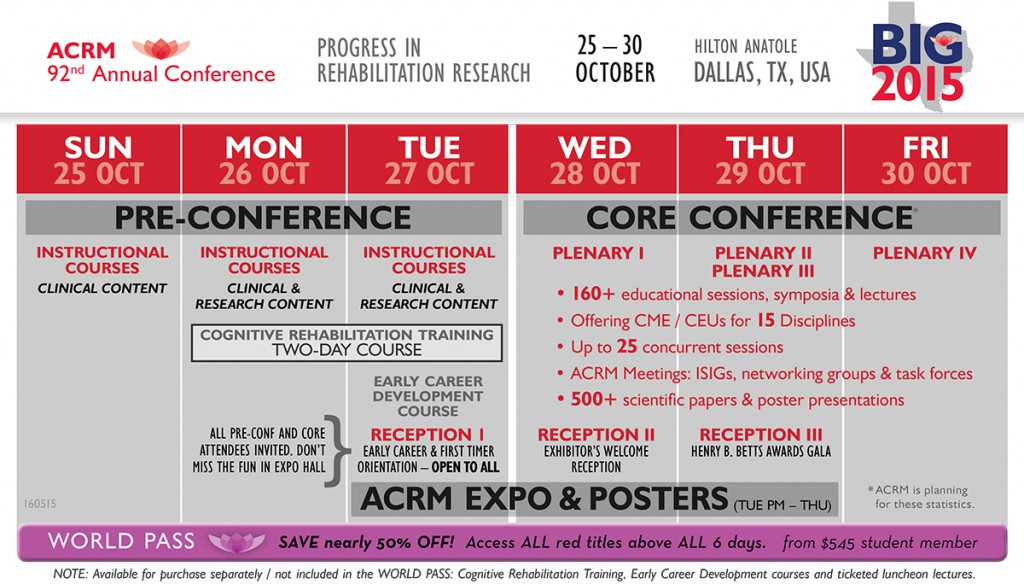
CONFERENCE HOME PAGE >>>
STROKE ISIG HOME PAGE >>>
CONNECT with the ACRM STROKE ISIG
The ACRM 92nd Annual Conference, Progress in Rehabilitation Research (PIRR) offers NONSTOP CONTENT for brain injury, spinal cord injury, stroke, neurodegenerative diseases, pain, cancer and pediatric rehabilitation plus 11 additional focus areas.
THE Largest interdisciplinary conference in the world for rehabilitation research
SEE CONFERENCE NEWS for the latest details and conference updates
*Although significant changes are not anticipated, all schedules, sessions, and presenters posted on this website are subject to change.


